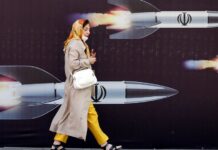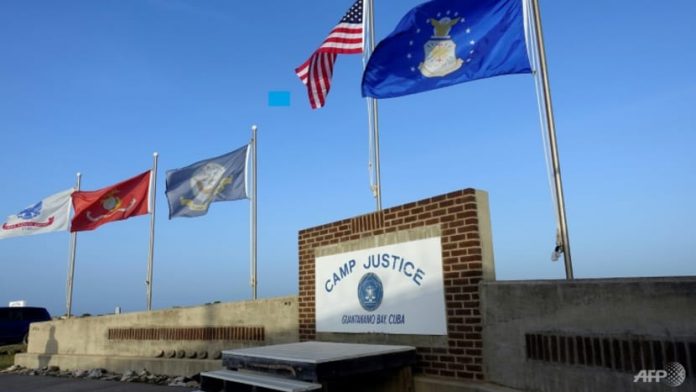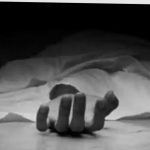The trial of five men accused in the September 11 attacks restarted Tuesday just days before the 20th anniversary but quickly ground to a halt on technical issues, underscoring that victims of the Al-Qaeda plot could wait much longer for justice.
Accused September 11 mastermind Khalid Sheikh Mohammed and four others appeared in the military commissions court at the US naval base in Guantanamo, Cuba for the first time in more than 18 months after the death-penalty case emerged from a coronavirus-forced pause.
But the stress of nine years of pretrial battling surfaced almost immediately as the new judge, the eighth assigned to the case, was forced to suspend the hearing after two-and-a-half hours to deal with issues arising from his appointment.
And a military appeals court’s new ruling supporting the destruction of a CIA black site where some of the defendants may have been tortured before they came to Guantanamo immediately turned the case back to its central
issue: can men who underwent methodical torture be tried fairly with the due process promised by US law?
Camouflage jackets
Tuesday’s session began with alleged 9/11 “architect” Mohammed, with a dense, greying red beard, striding into the courtroom with a military escort, followed one by one with his alleged co-conspirators Ammar al-Baluchi, Walid
bin Attash, Ramzi bin al-Shibh and Mustafa al-Hawsawi.
The court was packed with military prosecutors, interpreters, military security and five defense teams, one for each defendant.
In the public gallery, behind thick glass, were members of the families of the 2,976 people that they are accused of murdering almost exactly 20 years ago.
Mohammed wore a blue turban and matching face mask which he removed to let
free a long, flowing beard. He chatted animatedly with bin Attash while
leafing through a pile of documents.
Bin Attash, who allegedly helped plan the 9/11 attacks, wore a pink keffiyeh headdress and a military desert camouflage jacket, walking slowly with a prosthetic on one leg he lost in a firefight in Afghanistan in 1996.
Al-Shibh, a member of the “Hamburg Cell” of hijackers, also wore desert camouflage over his white cotton pants, seemingly to reflect his days as an Al-Qaeda jihadist.
Baluchi, also known as Ali Abdul Aziz Ali and the nephew of Mohammed, revealed a short, black beard under his mask and wore a Sindhi cap of his native Balochistan, along with a traditional vest over his white robe. He is accused of handling money transfers in the plot.
The fifth defendant, Hawsawi, who worked together with Baluchi, entered in a Saudi thobe-style white robe. He also carried a pillow which he placed on the hospital chair reserved for him, due to rectal damage his lawyers say was
incurred in the abusive interrogations by the CIA.




























